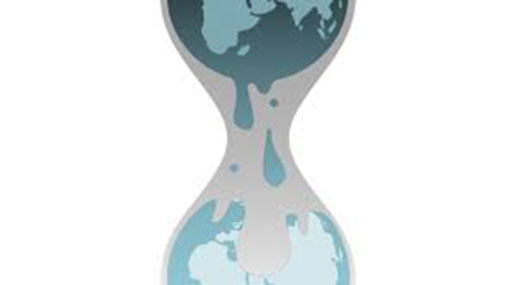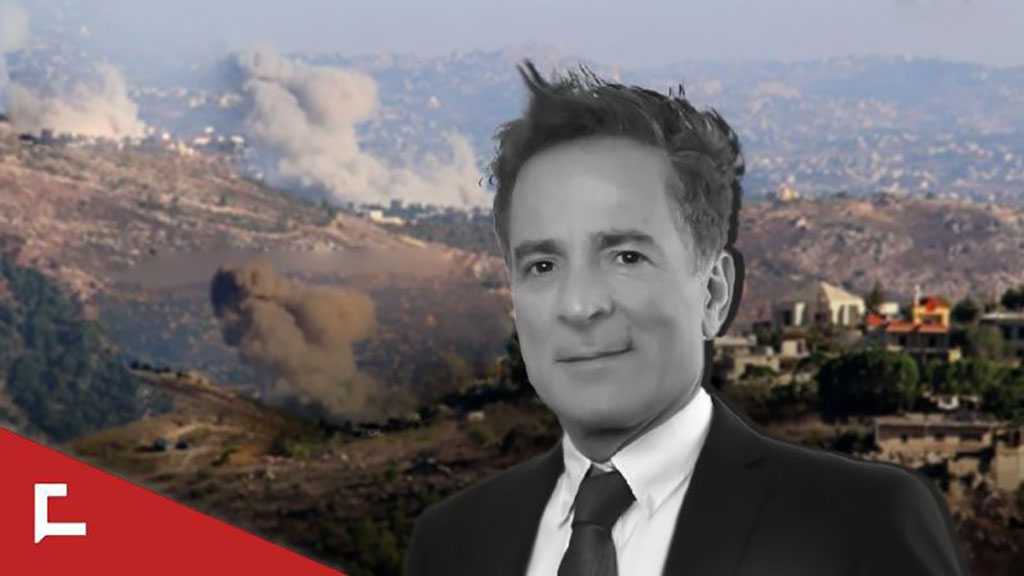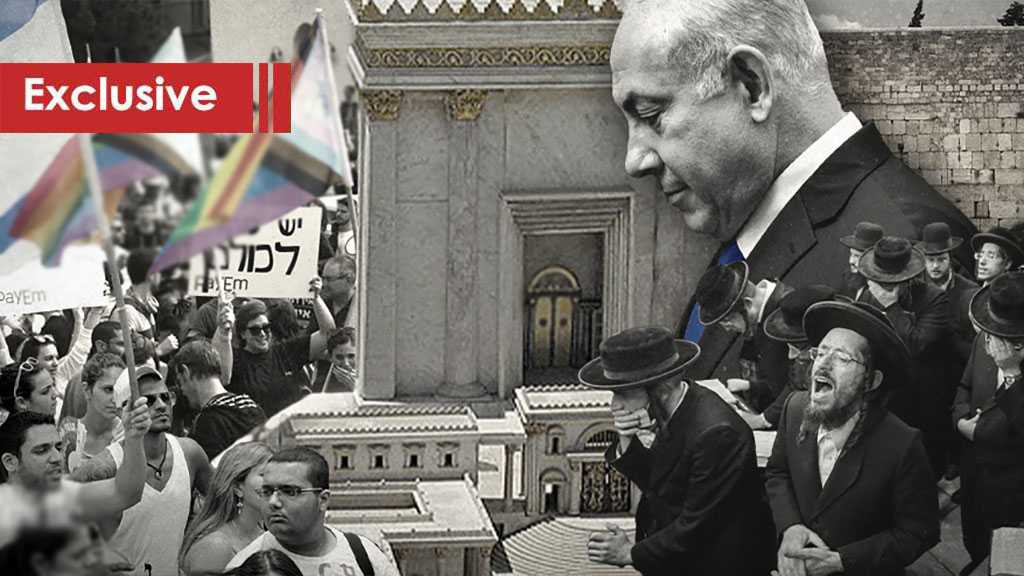
The Kingdom’s Ambassadors Are Ignorant ...‘Wikileaks’ Cables Testify

Latifah al-Husseini
There is much to say about the prowess of the Saud family in its policy of buying people off [for political ends]. The cables from the Saudi Foreign Ministry have proven that the Kingdom and its rulers do not know any other way to achieve their ends but paying money. However, reflecting on the texts contained in the leaked documents leads one to notice the weak level of writing in these correspondences of Saudi diplomats with the Foreign Ministry back home.

Ever since ‘Wikileaks' provided world public opinion a chance to see the documents of Riyadh's embassies from around the world, the style used in these documents clearly indicate the authors' weakness in terms of language and culture alike.
Among the thousands of cables shown on WikiLeaks, two cables filled with absurdity and whimsy stand out. The first was sent to then foreign minister Saud al-Faisal, and details general stances mentioned in the Lebanese media regarding some of the comments on then Saudi King Abdullah bin Abdul Aziz's message to former Lebanese President Michel Suleiman.
For a moment, the reader thinks he is reading news from the National News Agency in Lebanon...no information other than a "copy-paste" of the views of political figures, statements that can be found on all television channels and newspapers.
As for the second cable, it is titled as "Highly confidential, not for circulation", in which certain events are made up wherein it is claimed that "the leader of the Popular Front, Ahmad Jibril is helping Hezbollah and the Iranian Revolutionary Guards establish new military bases in Lebanon. These bases are to be located along a 40 km stretch of the Rayaq Mountains in the Beqaa Valley on the border between Arsal and Syria. "
It is enough for the term "Rayaq Mountains" in the Beqaa to be read, for the reader to realise that the one who wrote the document has no understanding of Lebanon's geography! The writer did not even bother to check that Rayaq is located on a flat plain, and has no mountains.
These two cables are not the only ones, rather there are many flaws that reveal the level of ignorance that shrouds the correspondences between the Saudi Foreign Ministry and its diplomats. For example, one of the documents says that there is coordination between MP Walid Jumblatt and the Druze in Syria, as he takes advantage of the geographical connection and human exchanges between Druze in the Rashaya district of Lebanon, and the region of As-Suwayda in Syria." This is another slip revealed by the cable, as there is no territorial contiguity between the Syrian province of As-Suwayda and the Lebanese province of Rashaya. These two provinces are separated by the Syrian provinces of Daraa and the Damascus Countryside. The poor level of sophistication of Saudi diplomats is yet again apparent.
Based on the content of the Kingdom's cables that have been published so far, Saudi affairs expert Dr. Fouad Ibrahim asserts that "there is no criteria for appointing ambassadors in their positions". Speaking to Al-Ahed News website, Ibrahim adds that "Saudi diplomats carry out roles that do not fall within their academic specializations, and what the leaked cables confirm is that the Ministry of Foreign Affairs entrusts the task of writing reports to those that have majored in sciences. They are thus tasked with monitoring what is published in the media, and as such Saudi ambassadors in many countries have to carry out roles that are not required of them, especially giving out money."
The priority of Saudi Arabia has always been to embody the ATM. Therefore, according to Ibrahim, it does not place any importance on the manner in which its diplomats write their reports. Riyadh does not care how the reports are written, nor how it reveals the lack of sophistication seen in the diplomats' correspondences. Here Ibrahim points out that in order to avoid embarrassment, some diplomats and consuls use general information circulated by media agencies and outlets, or by relying on unreliable sources, because the main thing is for them to get the job done in any way possible.
Ibrahim explains that the ambassadors are obliged to send daily and weekly reports to the Foreign Ministry and security authorities in Saudi Arabia - particularly with regards to the situation in hot zones - in terms of communication with political parties and personalities, as well as religious and media figures.
However, implementation of this task is carried out in a perverse manner. Consuls or diplomats rely on forged and fake sources, and in most cases, security-related events and news are fabricated. These news items can generate huge amounts of money for those who produce them, especially since the ministry does not investigate the credibility of the information, but rather adopts them directly.
The reports that ambassadors send to Saudi intelligence also have a hand in this fabrication, according to Ibrahim, because they sometimes rely on local sources who only seek to obtain money. Accordingly, the chaos that characterises the documents of the Saudi Foreign Ministry in terms of the way they are written and the information used, reflect the current picture of the Kingdom, one based on corruption and imbalance. It rather reveals that this state establishes its relations out of interest, and not ethics.
Source: al-Ahed news



